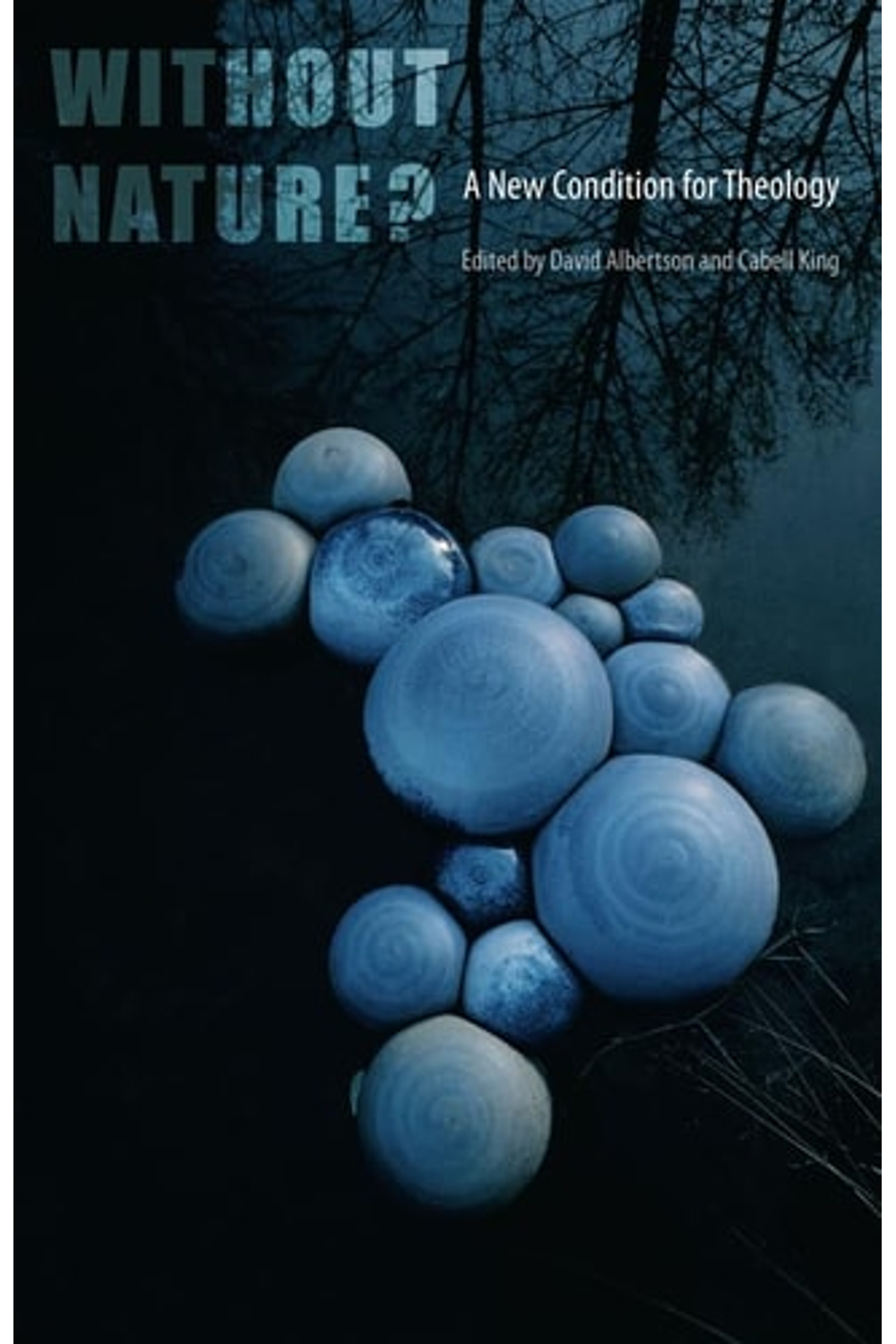“Without Nature?: A New Condition for Theology” challenges readers to confront a fundamental shift in our understanding of the world. This interdisciplinary collection, published by Fordham University Press, explores the eroding concept of “nature” in an age of profound human influence. Is nature, once a stable backdrop for theological concepts like grace, now obsolete? Leading theologians, ethicists, and scientists grapple with this question, examining how human intervention impacts everything from climate change to genetic modification. The essays explore the implications for Christian theology and ethical deliberation, questioning how we define ourselves and our faith in a potentially “post-natural” world. Dive into debates on the role of technology, the meaning of grace, and the very future of human existence. This book is vital for anyone interested in theology, ethics, environmentalism, and the philosophical implications of our changing planet.
Without Nature?: A New Condition for Theology
19,44 $
In stock
Does nature still exist? Common wisdom now acknowledges the malleability of nature, the complex reality that circumscribes and constitutes the human. Weather patterns, topographical contours, animal populations, and even our own genetic compositionall of which previously marked the boundary of human agencynow appear subject to our intervention. Some thinkers have suggested that nature has disappeared entirely and that we have entered a postnatural era; others note that nature is an ineradicable context for life.
Christian theology, in particular, finds itself in an awkward position. Its Western traditions have long relied upon a static nature to express the dynamism of grace, making nature a foundational category within theology itself. This means that any theological inquiry into the changing face of nature must be reflexive and radically interdisciplinary.
This book brings leading natural and social scientists into conversation with prominent Christian theologians and ethicists to wrestle collectively with difficult questions. Is nature undergoing fundamental change? What role does nature play in theological ethics? How might ethical deliberation proceed without nature in the future? What does the religious drive to transform human nature have to do with the technological quest to transcend human limits? Would the end of nature make grace less comprehensible?
| Binding | |
|---|---|
| Condition | |
| ISBN-10 | 0823230708 |
| ISBN-13 | 9780823230709 |
| Language | |
| Pages | 448 |
| Publisher | |
| Year published | |
| Weight | 635 |
| Edition | 1 |
- Additional information
- Currencies
- USD – United States dollar
- EUR – Euro
- GBP – Pound sterling
- CNY – Chinese yuan
- BRL – Brazilian real
- MXN – Mexican peso
- JPY – Japanese yen
- PHP – Philippine peso
- THB – Thai baht
- PLN – Polish złoty
- CAD – Canadian dollar
- MYR – Malaysian ringgit
- AUD – Australian dollar
- TWD – New Taiwan dollar
- CZK – Czech koruna
- SEK – Swedish krona
- HUF – Hungarian forint
- ILS – Israeli new shekel
- CHF – Swiss franc
- HKD – Hong Kong dollar
- DKK – Danish krone
- SGD – Singapore dollar
- NOK – Norwegian krone
- NZD – New Zealand dollar





